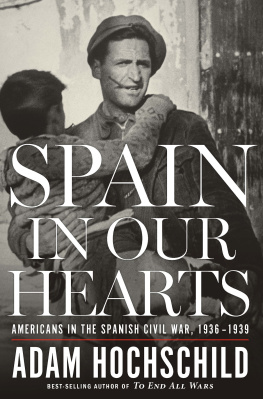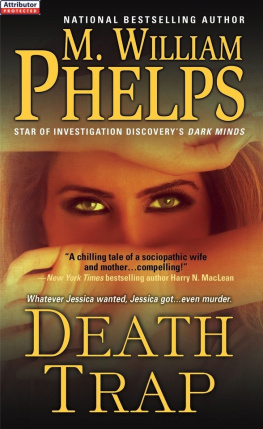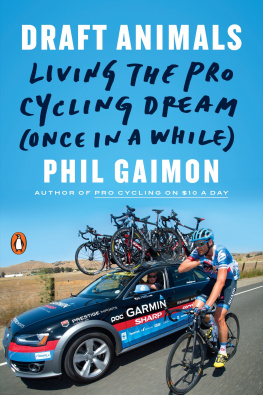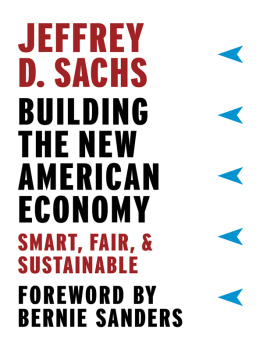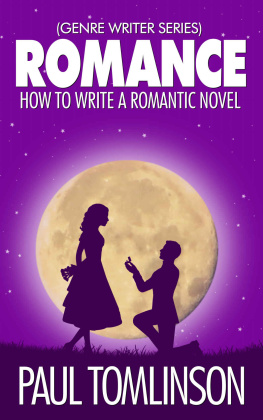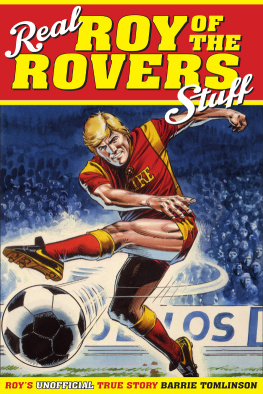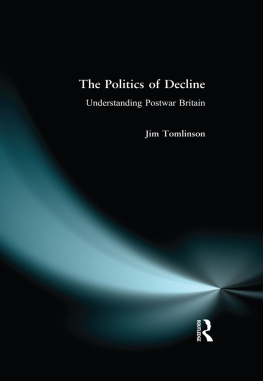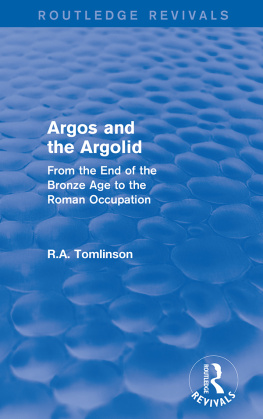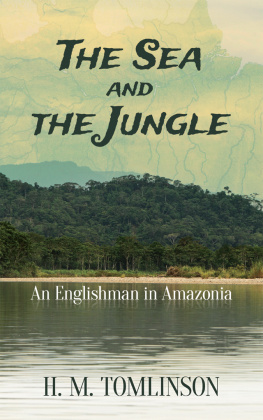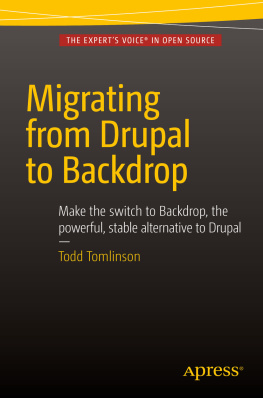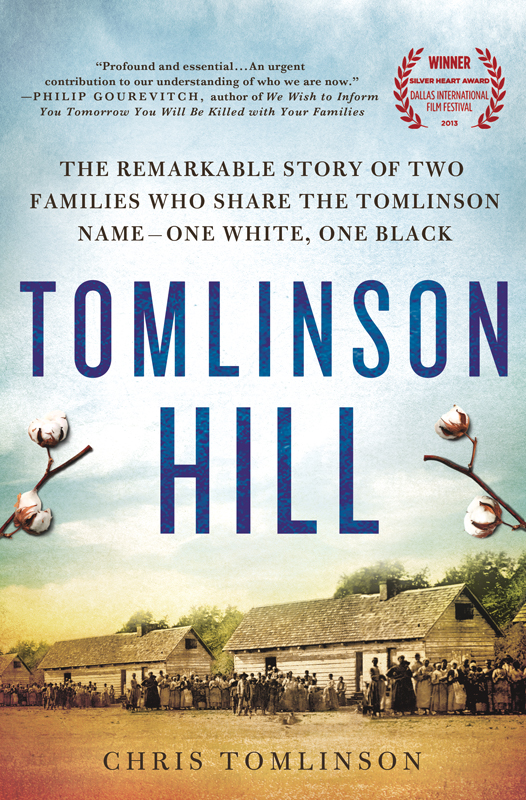Contents
Guide

The author and publisher have provided this e-book to you for your personal use only. You may not make this e-book publicly available in any way. Copyright infringement is against the law. If you believe the copy of this e-book you are reading infringes on the authors copyright, please notify the publisher at: us.macmillanusa.com/piracy.
To Shalini
CONTENTS
FOREWORD
My earliest memories are of Tomlinson Hill, where my parents spent their early years. Living in my fathers house and spending days at my grandma Julies house filled me with joy. We ran up and down the dirt roads to visit cousins or to the store to buy candy. There was no area off-limits for us and we could do whatever, whenever we wanted. No cares in the world. But what I remember most is having a lot of brothers, sisters, and cousins and enjoying great picnics and family reunions on the Hill.
We would often go to Grandma Julies house, and she would always love to have us sit on her lap. I could sit there for hours and watch TV with her. She was a great cook, and the breakfasts that she used to make were unbelievable. Bacon, scrambled eggs, and homemade sausageeverything came from the Hill. She was so gentle and always enjoyed having us around. She just had that kind of soul and personality that you gravitate to and, as a kid, I always felt like her favorite. She liked to keep everyone around the Hill. Three generations after the end of slavery, she felt like they could be safe there.
We didnt have much, but we didnt know that. The family did their best to shelter us from the outside world. We were very self-sufficient. I used to help my dad tend to the pigs, and there was one particular pig I felt a bond with. It became my pig, the pig that I took care of the most. As a kid, it doesnt hit home that pigs are your food. One day, my father took my brother and me to the house of one of his friends, and the men had hung a goat in the tree. That was our first lesson about butchering an animal and making it your dinner. I must have been six or seven years old and I was the type of kid who was very sensitive about killing animals. I didnt take to it very well. I cried, and my father sat me down and said, Son, this is what life is about. Even after I left the Hill, the lessons I learned there remained a big part of me. I am still a country boy.
My father, Oliver Terry O.T. Tomlinson, used to tell me that Tomlinson Hill got its name from our family, because thats where our family originated from and it was where we had always been. That made me proud, because the Hill had my name on it. It was our place.
My father, though, was just being protective of us, trying to shelter us from a tough world with a brutal history. My paternal grandfather, Vincent, died before I was born, and my father rarely talked about the familys history. We learned about slavery in school, but the teachers didnt talk about the slaveholding in Falls County. The only thing my father ever told me about Grandpa Vincent was that he worked long hours tending a farm and picking cotton for a white man, and that my dad wasnt allowed to visit. My father never talked to me about his years picking cotton. I think he didnt tell me because he was ashamed, for whatever reason. Or maybe he felt like I wasnt ready to know the family history. O.T. was also born after his grandfather Peter had died, so Im not sure how much he knew himself. Now that hes gone, Ill never know.
Growing up, I had white friends, and to me this was totally normal. There was nothing odd or weird about it. I cant recall a single time where there was a white person who tried to oppress me. I think sports makes a difference in how you see race, because you see people for who they are, and at times when theyre tired and theyre hurt. And so you get to see them for who they are, rather than thinking about their skin color, especially when youre all trying to win a game, and after that game, when you celebrate winning. Its a happy time when youve all worked together to accomplish one thing. To fight, and try to break that apart, just because of a difference in skin colorI always felt that was silly.
When I got older, after my parents divorced, I began to experience what my dad and Grandma Julie had wanted to protect me from. During one high school football game, people in the crowd started calling me nigger after I scored a touchdown. I couldnt believe this was happening in the 1990s. But then I realized that they were just trying to make me angry. They were trying to belittle me, put me back in the cotton fields, where my ancestors had suffered. They wanted to make me angry so they could have power over me, just as their ancestors had power over mine. More than anything, it made me run harder. I never let them have the power to make me angry. The best way to make someone like that mad is to ignore them, so thats always been my approach.
The one time that felt a little awkward was at the NFL Combine, where all of the teams send their staff to inspect potential draft picks. You stand in the middle of the room, wearing only your drawers, and you have all these personnel decision makers measuring you, looking at your body structure and all types of things. Many people say it looks a lot like an old slave auction block. But the difference is that youre getting paid a kings ransom to play a game. And so I know if I am a decision maker, I want to see the body structure of a man who has to play a physical, rough game to judge whether he can hold up. But it does kind of make you feel strange when you stand up there.
I have retired from playing football now and am beginning the second act of my life. In all of my years as a running back, I have never run from my past. I look back at those early years on the Hill and realize that my family gave me a great perspective on life. Growing up in the country taught me self-reliance and an understanding of the circle of life. I know how important it is to understand your past in order to discover your future.
The two Tomlinson families, white and black, have lived and worked together for almost two hundred years. I am happy that Chris and I can work together today, as sons of slaves and sons of slaveholders, to share our common history and what it says about our nation. Our families are far from unique, and by telling the story of our shared heritage, this book also tells a larger story about race in Texas and in America as a whole. I have learned through this book new details about six generations of my family, and it gives me pride and an understanding of what my father, grandfather, and great-grandfather went through to give me the opportunity to have the life I lead today.
I have never been more proud to be a Tomlinson, or to come from Tomlinson Hill. I understand that while the Hills name may have come from a white man, it belongs as much to my family as to Chriss. I hope to one day buy a ranch nearby and continue what my family has built, because it remains a part of me. I will also make sure the next generation of Tomlinsons knows our history. My son Daylen Oliver Tomlinson was born July 7, 2010, and, like me and my father, he will never know his grandfather. But I will make sure he knows the story of Tomlinson Hill and carries its lessons wherever he may go.
LaDainian Tomlinson
INTRODUCTION
On a hot September afternoon, I stood in a cotton field in Falls County, Texas, with Charles Tomlinson, and he taught me a skill he had learned seventy-five years earlier, almost as soon as he could walk. To pick cotton, you have to stick your fingers into the boll, trying not to scrape your cuticles on the sharp, dried-out shell around the linty white ball. He told me this was the hard method but that the cotton would be cleaner for the gin. The quicker, easier method was to pull cotton. He grabbed the entire boll, shell and all, and pulled it off the shrub. I asked Charles, a former sharecropper, to teach me these skills so I could understand exactly what my ancestors had demanded from his ancestors, the slaves of Tomlinson Hill.


